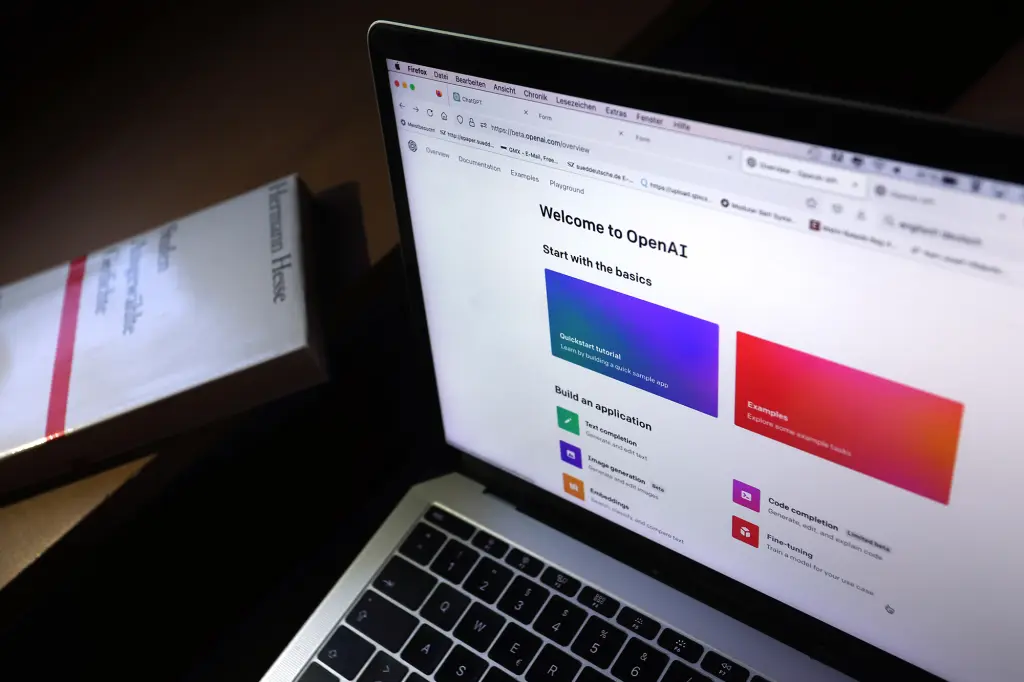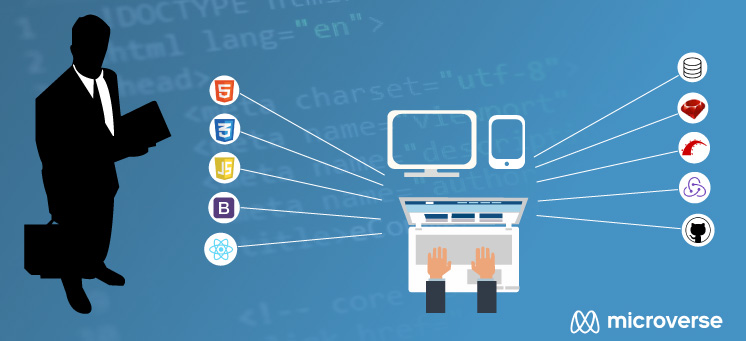“The Wolf at the Door: ChatGPT May Impact Certain Jobs industries? The rise of AI technology, specifically ChatGPT, has many experts concerned about the future of jobs and employment. As ChatGPT continues to make strides in language processing and conversation, there are certain industries that may soon become obsolete.
This article will explore the potential consequences and benefits of ChatGPT on the job market, and what industries may be most impacted.
“ChatGPT: A Threat to Traditional Jobs?”
ChatGPT has already proven its worth in a number of industries, including customer service and data analysis. The technology’s ability to process and understand language has made it possible for ChatGPT to handle tasks that were once the sole responsibility of human workers.
As ChatGPT continues to develop and improve, there is a growing concern that certain jobs will become irrelevant, leaving many workers without employment.
“Industries Most at Risk”
There are several industries that are most at risk of being impacted by ChatGPT. These include:
- Customer Service: With ChatGPT’s ability to handle customer inquiries and complaints, it may soon replace human customer service representatives.
- Data Analysis: ChatGPT’s ability to process and analyze large amounts of data makes it a valuable asset in industries such as finance and healthcare.
- Content Creation: With ChatGPT’s language processing abilities, it may soon be able to generate content such as articles and reports, potentially replacing human writers.
“The Pros and Cons of ChatGPT Disrupting the Job Market”
While the rise of ChatGPT may lead to job loss in certain industries, there are also potential benefits to this technological advancement. Some of the pros include:
- Increased efficiency: ChatGPT can handle tasks faster and more accurately than human workers, leading to increased productivity and efficiency in the workplace.
- Cost savings: As ChatGPT takes on more tasks, companies may see a decrease in their labor costs, allowing them to reinvest in other areas of the business.
- Improved customer service: ChatGPT’s ability to handle customer inquiries and complaints 24/7 may lead to improved customer satisfaction and loyalty.
However, there are also potential drawbacks to the rise of ChatGPT, including:
- Job loss: As ChatGPT takes on more tasks, many workers may find themselves out of a job, leading to increased unemployment and financial insecurity.
- Skills gap: As ChatGPT becomes more prevalent in the workplace, it may become difficult for workers to find employment in industries that are not impacted by the technology.
- Potential for bias: ChatGPT is only as unbiased as the data it is trained on, and if the data used to train the model is biased, the technology may perpetuate these biases in its responses.
“Frequently Asked Questions About ChatGPT and Job Obsolescence”
Q: Will ChatGPT replace all jobs in the near future?
A: It is unlikely that ChatGPT will replace all jobs, but certain industries may be more heavily impacted than others.
Q: Is there any way to prepare for the impact of ChatGPT on the job market?
A: Workers in industries that are at risk of being impacted by ChatGPT may consider upskilling or retraining in areas that are less likely to be impacted by the technology.
Q: Will ChatGPT lead to improved job opportunities in other industries?
A: It is possible that




